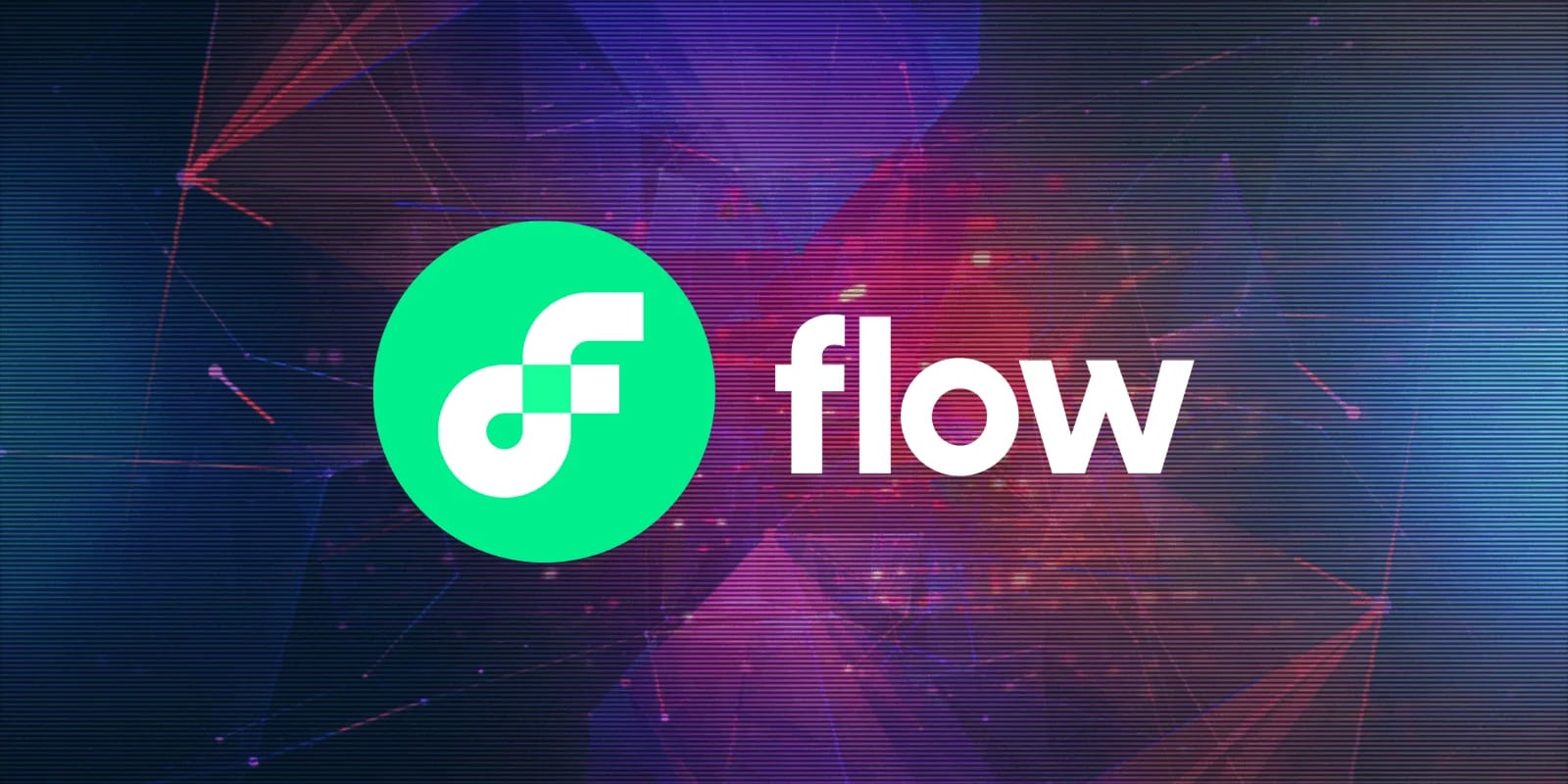Flow - 4. Decentralization Progress
How centralized or decentralized is Flow?
FLOW
FLOW is a fast, developer-friendly blockchain designed to be the foundation of next-generation dApps, games, digital assets, and peerless NFT tokens. This blockchain solves the problem of scalability without sharding and uses a unique architecture that allows it to offer huge improvements in speed and power. And at the same time, it maintains a convenient environment for programmers, which is also compatible with ACID, or the four features of invisibility of automatic components, consistency, isolation, and portability. With Flow Blockchain, programmers can build new, unique, and massive decentralized applications and businesses with crypto compatibility. Flow apps also allow consumers to retain control over their data, which allows them to create unique tokens that can be traded on open markets around the world. Blockchain Flow also enables the creation of entirely new user-owned open economies. This means that value in the system is also created by users.https://flow.com/
-
Stake: Staking is when you lock crypto assets for a set period of time to help support the operation of a blockchain. In return for staking your crypto, you earn more cryptocurrency.
-
Delegate: a process of contributing them to a public validator node to help it conduct PoS validation. By delegating to a trusted validator on a protocol such as Polkadot, Tezos, Celo, or NEAR, assets are put to work securing the network.
-
Nodes: Blockchain nodes are network stakeholders and their devices are authorized to keep track of the distributed ledger and serve as communication hubs for various network tasks. A Blockchain node's primary job is to confirm the legality of each subsequent batch of network transactions, known as blocks.
-
Validators: much like miners in a Proof-of-Work(PoW) network, are network nodes that operate in Proof of Stake (PoS) blockchains, also validating transaction blocks to the blockchain.

What is the biggest benefit of decentralization?
Conversely, decentralizing decision-making reduces delays, improves product development flow and throughput, and facilitates faster feedback and more innovative solutions. Higher levels of empowerment are an additional, tangible benefit. In a decentralized blockchain network, no one has to know or trust anyone else. Each member in the network has a copy of the exact same data in the form of a distributed ledger.